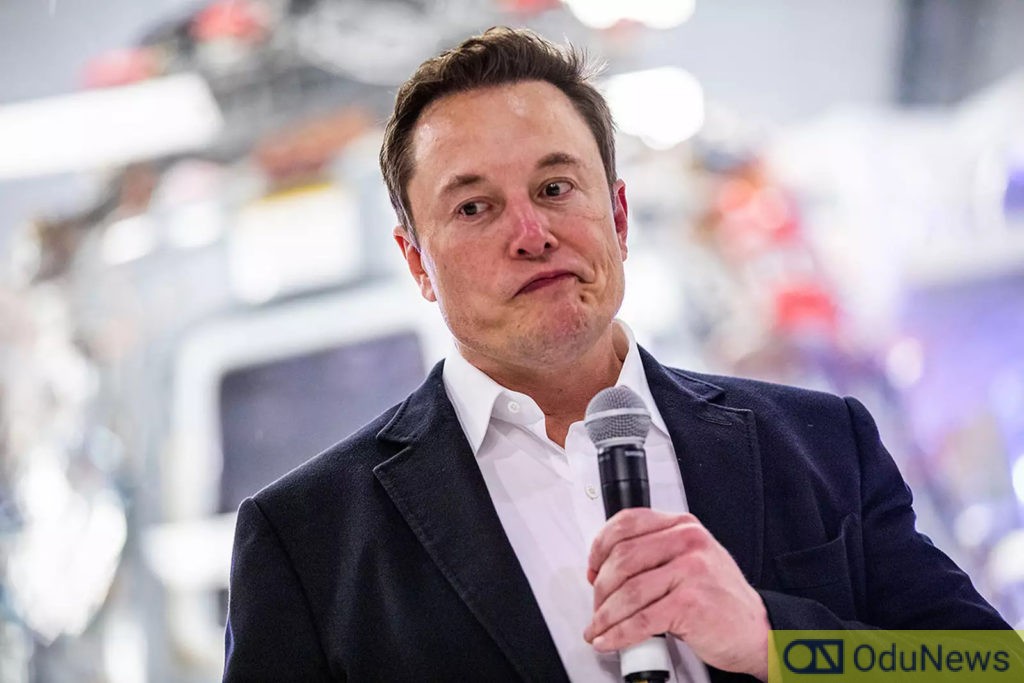
A recent report from Semafor reveals that Elon Musk attempted and failed to take control of ChatGPT creator OpenAI back in 2018. Musk was part of the founding team that established the AI lab as a nonprofit organization in 2015, aimed at benefiting society through shared research. However, by early 2018, Musk reportedly became concerned that OpenAI was lagging behind Google and offered to take charge of the company. His proposal was rejected by other founders, including current CEO Sam Altman and President Greg Brockman.
Musk resigned from OpenAI’s board in 2018, citing conflicts of interest with his work at Tesla. Semafor claims that he also withdrew his promise to provide $1 billion in funding, contributing only $100 million. As a result, OpenAI faced financial challenges due to the high costs of developing large-scale AI models like DALL-E and the GPT series. Consequently, in 2019, OpenAI announced the creation of a for-profit entity to fund its research and soon became closely associated with Microsoft. The tech giant provided billions in funding and resources while obtaining exclusive licenses to use OpenAI’s technology in its products.
While Semafor does not explicitly state that the loss of Musk’s funding led OpenAI to partner with Microsoft, it is a plausible interpretation. Many in the AI community view this partnership as a significant turning point for AI, as it not only goes against OpenAI’s founding principles but also encourages rapid AI product launches, potentially leading to dangerous consequences.
OpenAI’s alliance with Microsoft has affected how the company shares its research. For instance, when OpenAI announced GPT-4 earlier this month, it did not disclose details about its creation or training data. OpenAI’s Chief Scientist, Ilya Sutskever, explained that this was to maintain a competitive edge over rivals and prevent misuse of the technology. However, AI experts argue that limiting access to OpenAI’s models makes it challenging to understand potential threats and consolidates power in corporate hands.
Since partnering with Microsoft, the two companies have launched numerous AI services and products, with Microsoft incorporating OpenAI’s technology into Windows and the Office suite. Recently, OpenAI expanded ChatGPT’s capabilities by allowing it to interface with other websites and services through plugins. While OpenAI claims this is like giving the bot “eyes and ears,” some experts express concerns about potential safety risks.
Musk has repeatedly expressed disappointment about OpenAI’s changed direction. In February, he tweeted that OpenAI “has become a closed source, maximum-profit company effectively controlled by Microsoft,” which was not his original intention. Last Friday, he posted a meme implying that AI, humanity’s most powerful tool, is now controlled by a “ruthless corporate monopoly.”

Submit press release, news tips to us: tips@odunews.com | Follow us @ODUNewsNG
